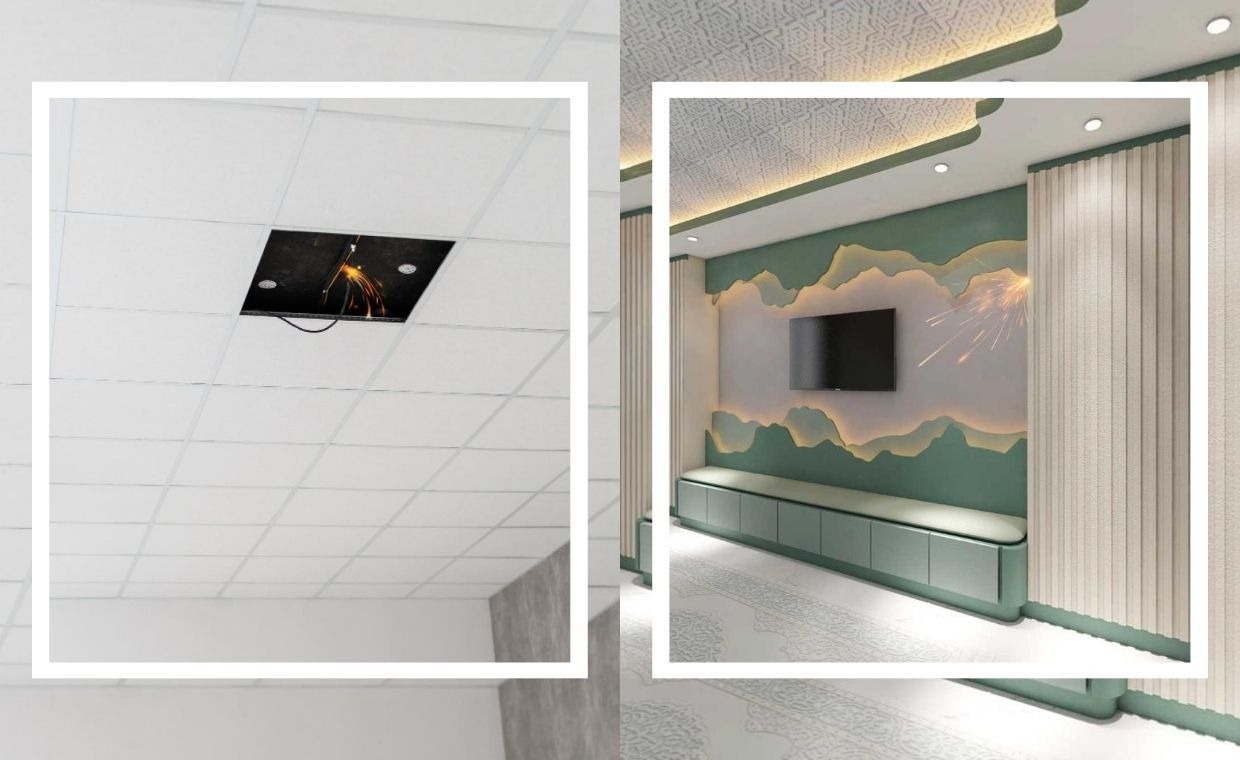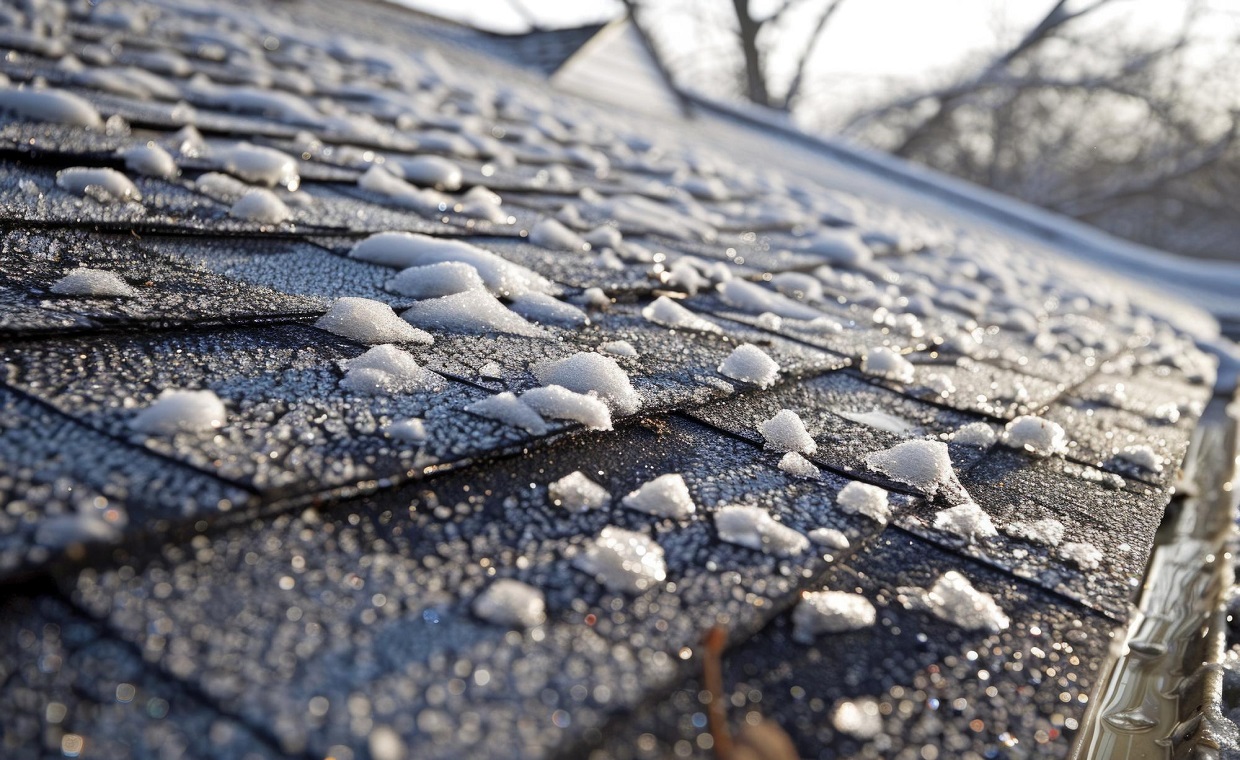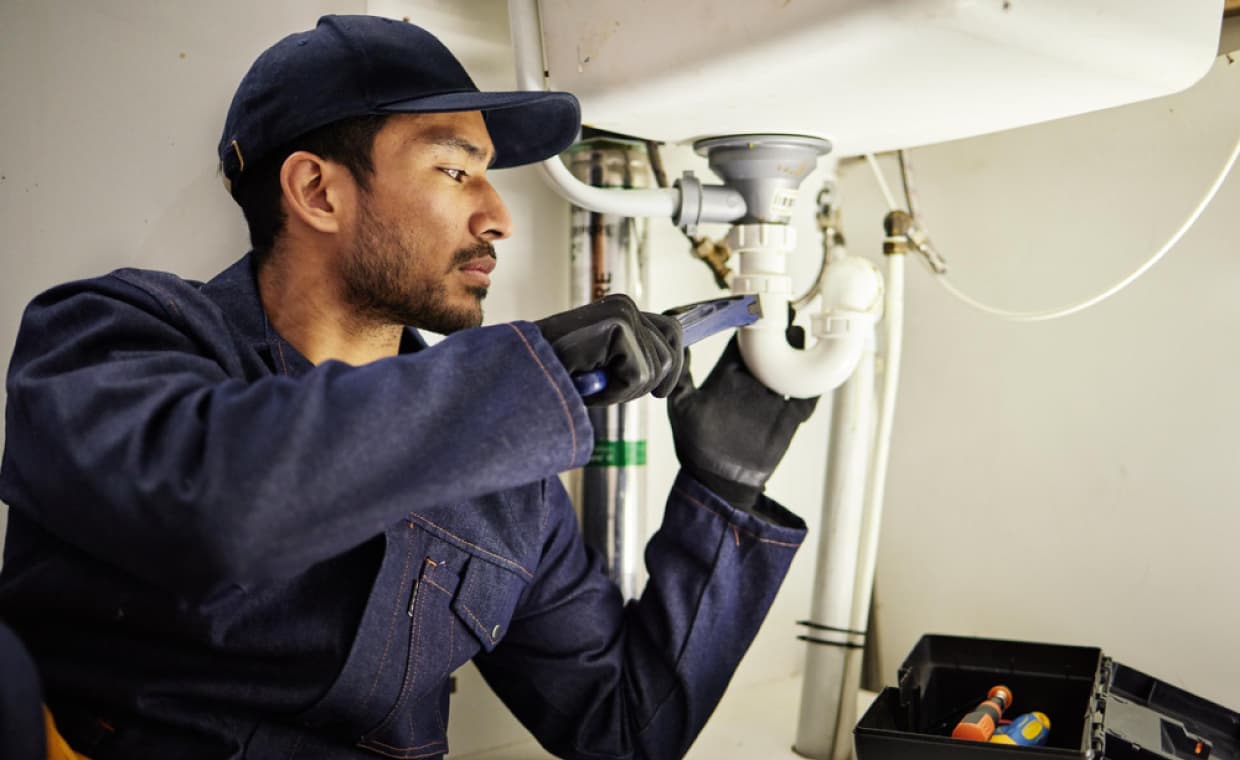
Table of Contents
Quick Summary
- Water leaks can cause severe structural damage and mould if not addressed promptly.
- Leak detection service in Spring Hill, FL, usually take 1–3 hours, depending on location and accessibility in client’s spot.
- Modern tools like thermal cameras, acoustic sensors, and tracer gas speed up the process.
- Slab leaks under concrete foundations are more challenging to locate and may require 2 to 4 hours to find.
- Detection tests include monitoring of the water flow, pressurising systems, and pinpointing leaks with acoustic or thermal devices.
- Factors that impact time include home size, pipe material, and the type of leak.
- Ignoring leaks may lead to costly repairs, which may include structural fixes, mould cleanup, and higher utility bills.
- Smart leak detectors offer real-time alerts and automatic shut-off options.
- You should always be alert about warning signs, such as warm floors, bubbling paint, or rising water bills.
- Prompt leak detection prevents damage and saves money.
Leak detection service is a solution for our unwanted hefty water bills. We use water every day, but when it spurts out of pipes, the resulting damage can be disastrous. A small leak has the potential to do this, triggering mould and weakening your home’s structure, unless leak detection services in Spring Hill, FL, intervene.
If you want to know how long a service finds leaks, read on. Here, we discuss how long it takes to find and fix the source of water damage.
How Long Does Leak Detection Really Take?
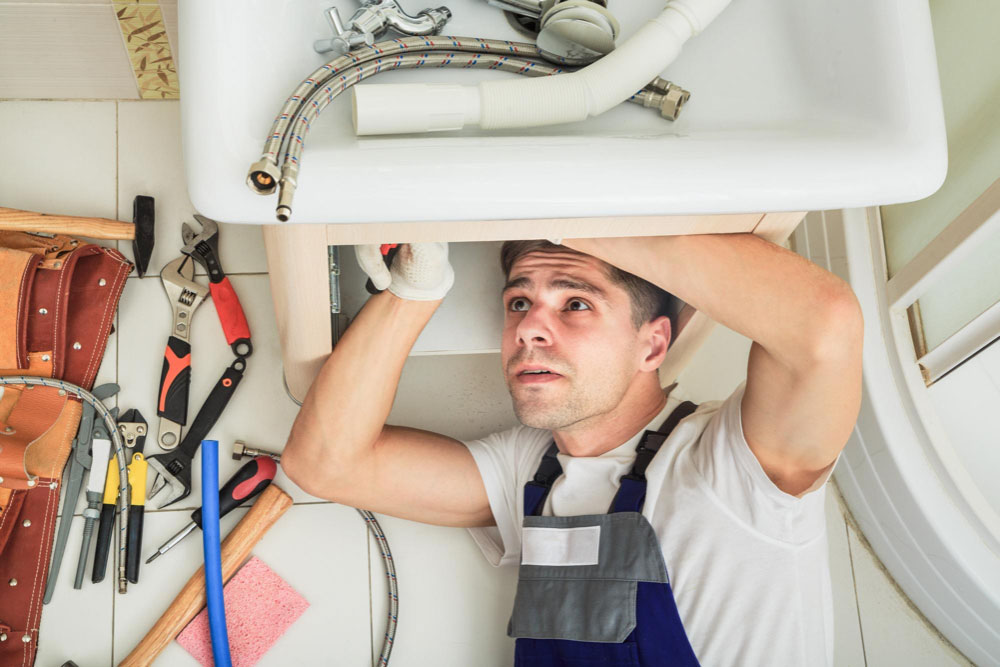
A professional leak detection service often takes between 1 and 3 hours. That timeframe can change, however, depending on the leak’s location, your home’s plumbing layout, and how easy it is to access your pipes. Thanks to new technology, plumbers can now complete tricky water leak detection in a single visit.
“Modern tools allow our team to locate leaks without opening a single wall,” says a certified leak detection specialist. “With the right tools, what used to take days now takes hours.”
A Leak Detection Test- How is it Done?
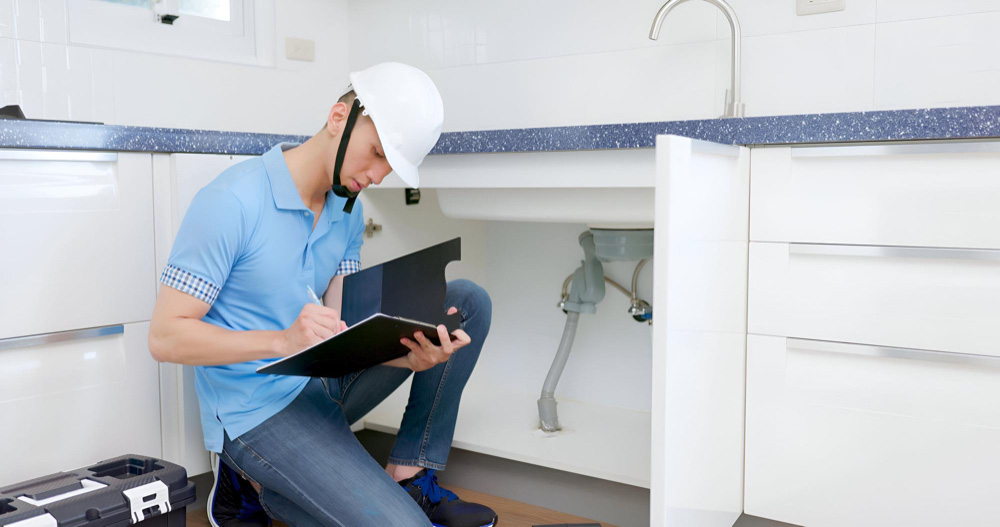
Modern leak detection systems rely on precise instruments that track water flow and pinpoint unusual patterns. There are two main types of sensors: mechanical turbines that count water volume, and ultrasonic meters that use sound waves to track time delays in flow.
The process usually involves:
- Monitoring your home’s water use at the meter.
- Pressurizing the system to identify drops.
- Using acoustic or thermal tools to pinpoint the leak’s location.
What Affects the Timeline?
Some water leak detection tasks take more time to find than others. This is especially true if these spots are hidden underground or in slab foundations. Accessibility, home size, leak type, and pipe material can all affect how long your service takes time to plumbing leak repair job done.
Tools That Speed Things Up
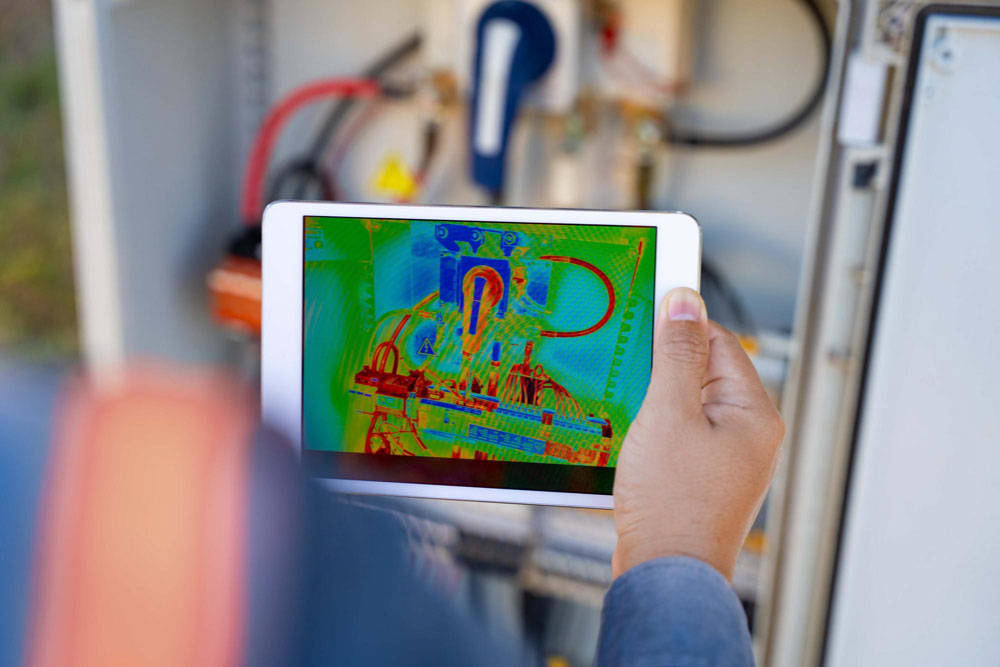
Smart tools have changed the game for leak detectors. Before, most plumbing teams utilised methods that were rudimentary at best to find leaks. Leak detection teams now arrive with high-precision gear that cuts down on guesswork and damage.
Technologies include:
- Thermal imaging cameras are used to detect cold spots from escaping water.
- Acoustic sensors to hear water escaping from pressurized lines.
- Moisture meters are used to measure humidity inside walls or under floors.
- Tracer gas systems for pinpointing leaks in pressurized lines.
Slab Leaks: The Time-Consuming Threat
Leak detection service can identify slab leaks. Slab leaks are hard to find because they form under the concrete foundations of homes. These leaks can erode your foundation and create hidden mould. A slab leak detection usually takes 2 to 4 hours, but it is still faster than tearing up floors blindly.
“Don’t ignore warm spots on the floor or the sound of water when everything’s off,” warns a plumbing contractor. “Those are classic slab leak signs.”
Hidden Costs of a Slow Leak
Leaks that go unchecked can cause serious long-term damage. Even small, steady drips can ruin subflooring, rot framing, and invite mould.
Common hidden costs:
- Structural repairs to drywall, beams, or flooring.
- Mould remediation and air quality cleanup.
- Increased water and energy bills.
- Lower property value due to hidden water issues.
Smart Home Leak Detection
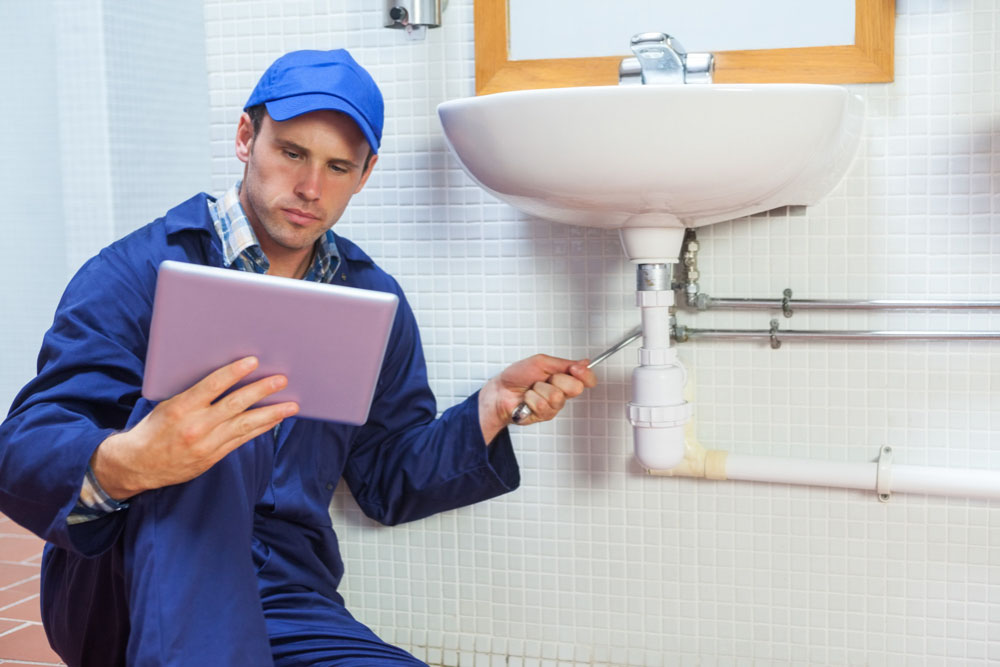
Smart leak detectors alert homeowners the moment something goes wrong. These devices can sense moisture or changes in water pressure. Some models can even shut off your main water supply automatically.
If you’re away from home often, consider installing smart water shut-off valves, app-connected sensors under sinks and near appliances, and flow monitoring systems for whole-home protection.
Condensation or Leak? Know the Difference
Not every water spot should be taken as a plumbing disaster. Condensation around windows, HVAC ducts, or cold pipes is common. Persistent puddles, stains, or musty smells, however, should warrant an investigation.
You have a problematic leak on your hand if you notice water spots growing larger. It’s a high time to consult a professional leak detection service. Paint or drywall bubbling, peeling, and soft spots in flooring or walls should also raise some concerns.
Watch Your Water Bill for Clues
Your utility bill can reveal hidden leaks and demands water leak detection service to be employed. If usage suddenly spikes but your daily habits haven’t changed, something’s likely wrong.
Check your water meter after you turn off all faucets in the house. If the dial moves as you watch it, you have a leak on your hands.
Summing Up
Waiting for leaks to resolve themselves is waiting for disaster. Fortunately, you can avoid the mess by taking the right action. If you’re seeing signs or just want peace of mind, schedule a leak detection service with a trusted leak detection specialist.
Also Read: Water Leakage in House: Top Common Spots in any Home
FAQs on Leak Detection Service
1. How Long Does Leak Detection Usually Take?
Leak detection usually takes a timeframe of one to three hours. The exact time depends on the availability of pipe access, the location of the leak, and the layout of the house. Modern tools make detection much faster.
2. What Tools Are Used to Find Leaks?
Plumbers use acoustic sensors, thermal cameras, moisture meters, and tracer gas. These tools reduce guesswork, avoid wall damage, and help find leaks quickly with high accuracy.
3. Why Are Slab Leaks Harder to Detect?
Slab leaks form under concrete foundations. They hide longer and cause foundation erosion. Detection may take 2 to 4 hours, which is still faster than tearing floors to locate the leakage point.
4. What Happens If Small Leaks Go Untreated?
Untreated leaks cause structural damage, mould growth, and higher bills. They weaken flooring, drywall, and beams. Over time, costs rise, and property value can decrease significantly.























